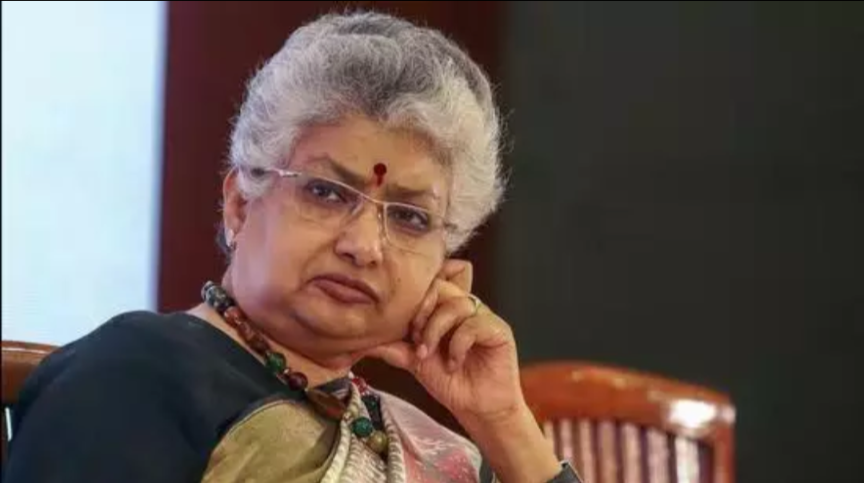Delhi HC rules that Hindu marriage cannot be dissolved by mutual deed among elders; only legal divorce under Hindu Marriage Act is valid.

A recent landmark ruling from the Delhi High Court has clarified a critical point of Hindu marital law: a valid, duly solemnised Hindu marriage cannot be dissolved simply by signing a deed of dissolution among village elders or community members. The bench dismissed a Central Industrial Security Force (CISF) constable’s plea, who claimed his first marriage was dissolved this way before entering into a second marriage. The court’s judgment emphasizes that only formal legal processes, such as obtaining a decree under the Hindu Marriage Act, 1955, can legally dissolve such a marriage.
For related explorations on evolving societal norms and legal clarity, check out:
The Case: Facts and Context
Background
A CISF constable was dismissed for entering into a second marriage while his first marriage was still intact—a violation of Rule 18 of the CISF Rules, 2001. He argued that his first marriage had been dissolved legally in October 2017 through a deed signed before village elders and witnesses. Therefore, he claimed he was eligible for a second marriage.
However, the Delhi High Court, in a ruling passed on August 20, 2025, decisively rejected this claim. ([turn0search0], [turn0search1])
Legal Framework Cited
Justice C. Hari Shankar and Justice Om Prakash Shukla made it clear: “We are unaware of any law or principle by which a duly solemnised Hindu marriage can be dissolved by signing a marriage dissolution deed in front of village persons.” They further stated that Rule 18 applies uniformly—even after a person has joined service, making the second marriage a valid ground for dismissal. The court also relied on precedent from Ex Head Constable Bazir Singh v. UOI, reinforcing their rationale. ([turn0search1], [turn0search4])
Precedents Reinforce the Principle
Gujarat HC’s Similar Take
In 2018, the Gujarat High Court dismissed a case where a couple claimed divorce via a customary practice among community elders. The court reaffirmed that divorce must follow the Hindu Marriage Act, not informal, community-based dissolution. ([turn0search5])
Broader Legal Principle
The Allahabad High Court has also emphasized that Hindu marriages are regarded as sacrosanct and cannot be dissolved casually. A divorce within one year of marriage is impermissible unless supported by “exceptional hardship or depravity” under Section 14 of the Hindu Marriage Act, 1955. ([turn0search10], [turn0search11])
Legal Insight: Why the Formal Path Is Mandatory
Statutory Safeguards & Uniformity
The Hindu Marriage Act, 1955 provides a statutory framework governing marriage, divorce, and related issues. Only courts can dissolve a marriage, ensuring due process, fairness, and protection of all parties, particularly vulnerable spouses. ([turn0search19])
Preventing Informality and Misuse
Allowing community-based deed dissolution would undermine legal protections, invite abuse, and jeopardize rights—especially for women and children. Informal mechanisms lack transparency, procedural safeguards, and impartial adjudication.
Wider Implications
Institutional Discipline Prevented Loopholes
In this case, the court’s rejection upheld the CISF’s disciplinary action, preventing potential misuse of informal dissolution to bypass service regulations. It reinforces the principle that institutional rules cannot be circumvented via community-based actions. ([turn0search4])
Protecting Social Order and Legal Clarity
This judgment sets a precedent against adhoc “traditional” divorces. It reaffirms that marriage dissolution is a legal, not social, matter, ensuring uniformity across diverse cultural and religious practices.
Conclusion
The Delhi High Court’s ruling is a clear assertion that Hindu marriages cannot be dissolved informally through community rites or deeds—they must be legally ended through court processes under the Hindu Marriage Act. Whether the marriage dissolution is claimed in a village or urban center, the law treats personal status with procedural seriousness.
This judgment strengthens legal clarity while preserving institutional discipline and individual rights. For more insights into how law intersects with social norms and modern challenges, explore:



